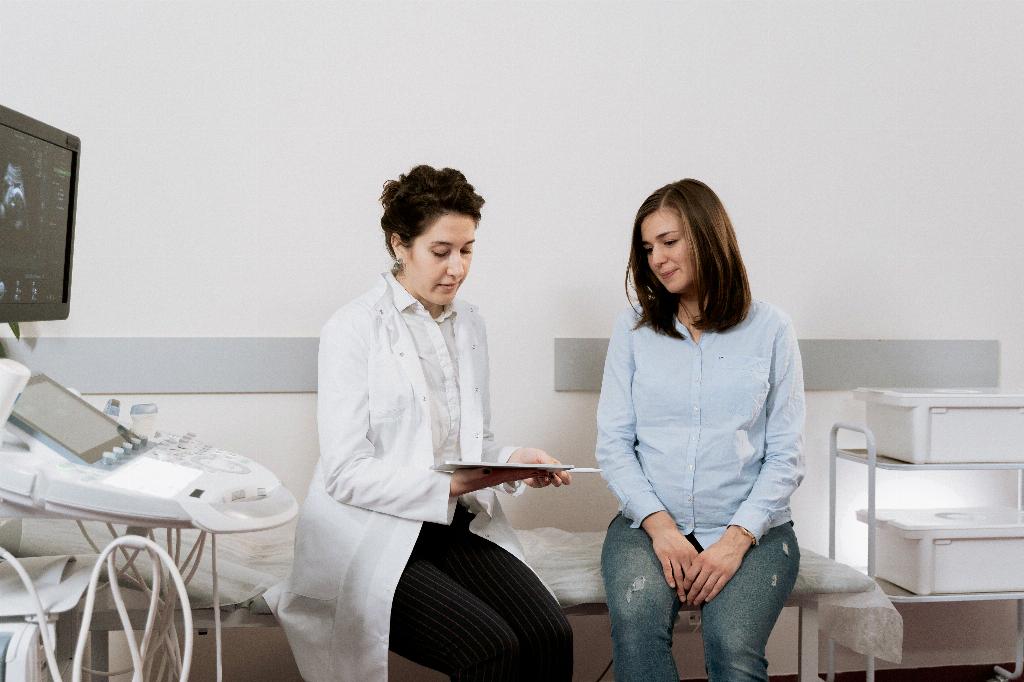Non Stress Tests (NSTs) play a crucial role in monitoring the well-being of a baby during pregnancy. Many expectant mothers may wonder at what age these tests are typically conducted to ensure a healthy pregnancy and a safe delivery.
Timing of Non Stress Tests
Non Stress Tests are usually recommended after 28 weeks of gestation. Prior to this stage, the fetus may not be fully developed enough to provide clear and reliable responses during the test procedure. Therefore, scheduling an NST before 28 weeks may not yield accurate results.
Importance of Gestational Age
Gestational age plays a significant role in determining the readiness of the fetus for an NST. After 28 weeks, the fetus is more likely to exhibit the necessary physiological responses that are evaluated during the test, making it an ideal time to conduct the examination.
Monitoring Fetal Well-being
Non Stress Tests are designed to monitor the baby’s heart rate in response to its movements. By measuring the heart rate acceleration, healthcare providers can assess the overall well-being of the fetus and ensure that it is receiving an adequate oxygen supply in the womb.
Assessing Fetal Health
Conducting an NST after 28 weeks allows healthcare providers to assess the baby’s health and development more accurately. This timing ensures that the fetus is sufficiently mature to provide the necessary indications during the test, aiding in the early detection of any potential issues.
Early Detection of Complications
By scheduling an NST after 28 weeks, healthcare providers can identify any signs of fetal distress or complications at an earlier stage. This early detection can prompt timely interventions to address any underlying concerns and safeguard the health of both the mother and the baby.
Reducing Risks
Timely NSTs can help in reducing the risks associated with pregnancy complications by ensuring regular monitoring of the baby’s well-being. Detecting any abnormalities early on allows healthcare providers to implement appropriate measures to manage and mitigate potential risks.
Enhancing Prenatal Care
Integrating NSTs into prenatal care routines after 28 weeks enhances the comprehensive monitoring of the pregnancy. This proactive approach enables healthcare providers to stay vigilant about the baby’s health status and make informed decisions to promote a healthy outcome.
Personalized Care
Each pregnancy journey is unique, and the timing of NSTs may vary based on individual circumstances and healthcare provider recommendations. Personalized care ensures that the frequency and timing of NSTs align with the specific needs and considerations of the expectant mother and her baby.
Collaborative Approach
Effective prenatal care involves a collaborative effort between expectant mothers and their healthcare providers. Open communication, regular check-ups, and timely NSTs contribute to a comprehensive approach towards ensuring the well-being of both the mother and the baby throughout the pregnancy.
Conclusion
In conclusion, Non Stress Tests are typically conducted after 28 weeks of gestation to monitor the well-being of the fetus and assess its health status. By scheduling NSTs at the appropriate age, healthcare providers can detect potential complications early, reduce risks, and provide personalized care that supports a healthy pregnancy journey.

